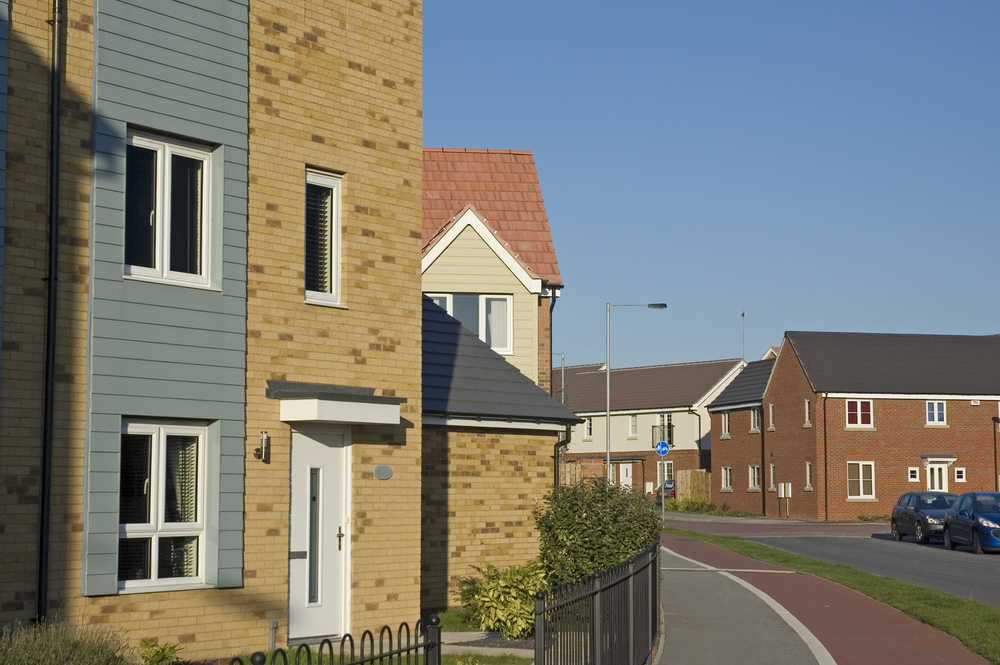First-time Buyer
Just 1% of new build houses are leasehold

The government confirmed 1% of new build houses in the last quarter of 2019 were leasehold, down from one in six in 2017.
The number of new build leasehold houses coming onto the market has “significantly decreased”, according to the Ministry of Housing, Communities and Local Government (MHCLG).
It said just 1% of new build houses were registered as leasehold in the last three months of 2019, compared to 17% (nearly one in six) in the first three months of 2017.
Based on MHCLG quarterly newbuild statistics for England, across all tenures – private enterprise, housing association and local authority – 29,290 new build starts were made in the December quarter 2019.
Completions for the quarter were estimated at 49,550.
By comparison, in the first three months of 2017, the data revealed there were 41,810 starts and 37,050 completions during this time.
Overall, there were 151,750 new build dwellings started in the year to December 2019, down from the 168,600 in 2018. In total, 178,300 new build dwellings were completed in 2019, up from 165,420 in the previous year.
Ban on the sale of new build leasehold houses
In the past decade, housebuilders have increasingly sold new build houses as leaseholds. The worst leases have ground rents which double every 10 years, leaving homeowners with crippling costs and difficulty in selling or remortgaging the property.
It is estimated there are at least 4.3 million leasehold homes in England alone and given the problems, the government announced plans in June 2019 to ban the sale of leasehold new build houses and cap ground rents to zero for future leases. It comes after the government first announced in 2017 plans to tackle the leasehold crisis.
And a petition calling for the legislation to be implemented as soon as possible garnered nearly 14,000 signatures, triggering a response from the government.
The MHCLG, said it will bring forward legislation “as soon as parliamentary time allows”, given the government’s current priority to restart the economy in the wake of Covid-19.
The response stated: “The government is committed to promoting fairness and transparency for homeowners and ensuring that consumers are protected from abuse and poor service. As part of this, we are taking forward a comprehensive programme of reform to end unfair practices in the leasehold market. This includes measures to ban the sale of new leasehold houses, restrict ground rents to zero for future leases, give freehold homeowners equivalent rights to challenge unfair charges, and close loopholes to prevent unfair evictions.”
It added it is working with the Law Commission to make buying a freehold or extending a lease easier, quicker and cheaper; to remove barriers to and reinvigorate commonhold so that buyers have a choice of tenure; and to ensure residents in blocks can take on the management of their properties, if they wish to do so.
The Competition and Markets Authority (CMA) is also investigating potential mis-selling of homes and unfair terms in the leasehold sector. In September, the CMA announced it was opening enforcement action focussing on certain practices of four housebuilders.
The government said it welcomed the steps being taken to tackle potential mis-selling and unfair terms in the leasehold sector and wants to see homeowners who have been affected “obtain the justice and redress they deserve”.